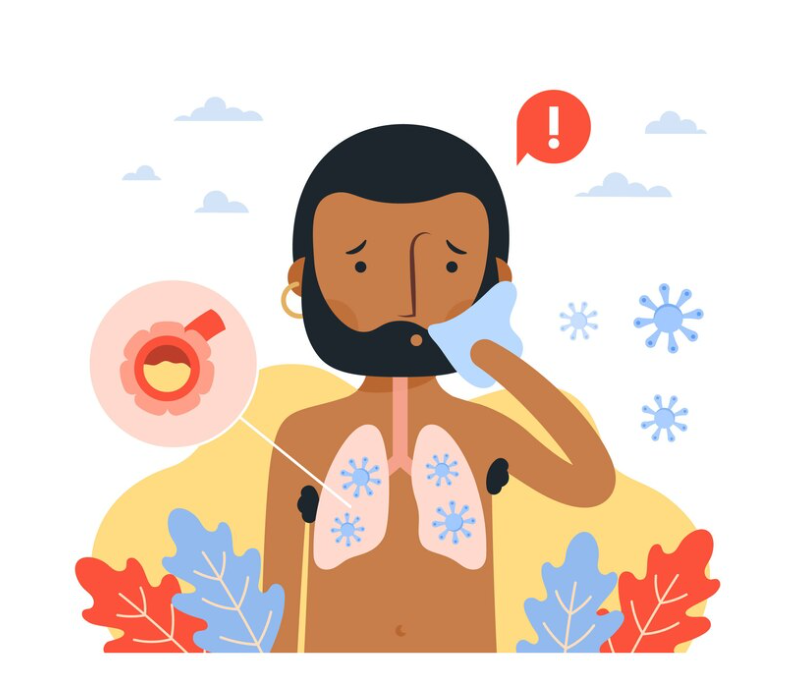
Understanding Emphysema: Causes and Risk Factors
Introduction: Hey there, curious readers! Ever wondered what exactly causes emphysema and who might be at risk? Well, wonder no more! Let’s dive into the nitty-gritty of this lung condition in simple terms that everyone can understand.
First things first, what is emphysema? Well, it’s a type of chronic obstructive pulmonary disease (COPD) that affects your lungs. In emphysema, the air sacs in your lungs, called alveoli, become damaged over time. This damage makes it harder for you to breathe, leading to symptoms like shortness of breath, coughing, and wheezing.
Causes and Risk Factors of Emphysema:
Now, onto the causes and risk factors. While smoking is the most common cause of emphysema, it’s not the only one. Here’s a rundown of some of the main culprits:
1. Smoking: Yep, you guessed it – smoking is public enemy number one when it comes to emphysema. The chemicals in cigarette smoke can wreak havoc on your lungs, causing inflammation and damage to the delicate alveoli.
2. Air Pollution: Breathing in polluted air, whether it’s from vehicle exhaust, industrial emissions, or indoor pollutants like cooking fumes, can also contribute to emphysema. So, it’s essential to try to avoid areas with poor air quality whenever possible. Air pollution and emphysema are strongly linked and can worsen symptoms.
3. Genetics: Believe it or not, your genes can play a role in your risk of developing emphysema. Some people inherit a deficiency of a protein called alpha-1 antitrypsin, which helps protect the lungs from damage. If you have this deficiency, you’re at a higher risk of developing emphysema, especially if you smoke. Alpha-1 antitrypsin deficiency emphysema is a genetic condition that can significantly increase your risk.
4. Age: As we get older, our lungs naturally lose elasticity, making them more susceptible to damage. That’s why emphysema is more common in older adults, although it can occur at any age. The effects of aging on lung health are an important factor in developing emphysema.
5. Occupational Exposures: If you work in an environment where you’re exposed to dust, fumes, or other harmful substances, you may be at increased risk of developing emphysema. Jobs like mining, construction, and agriculture can all pose risks to lung health. Occupational hazards, such as dust and fumes exposure, are significant risk factors for emphysema.
Now that you know the main causes and risk factors for emphysema, you’re better equipped to understand how to protect your lung health. Remember, quitting smoking, avoiding air pollution, and taking steps to protect your lungs at work are all essential for reducing your risk of developing this chronic lung condition.
To seek medical advice, always consult a Doctor. Here are our recommended experts. Click here
To read more on Respiratory disease .



